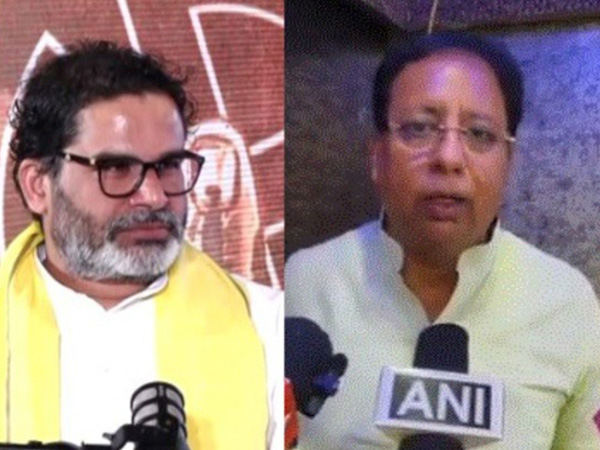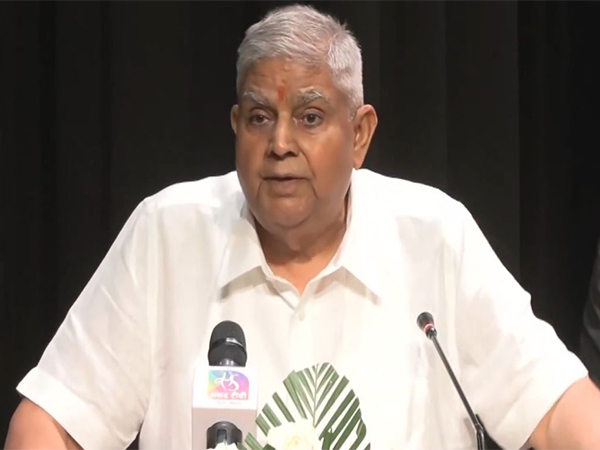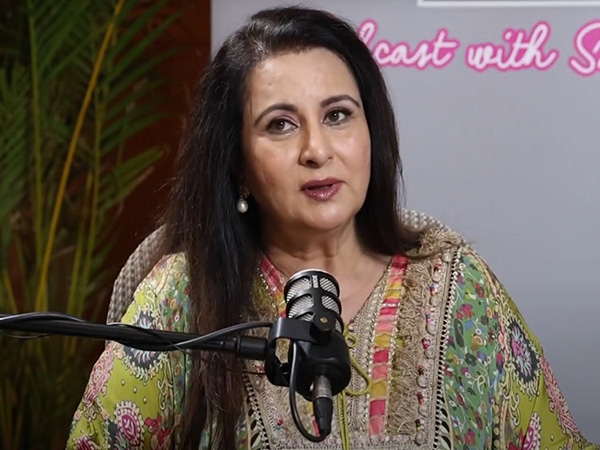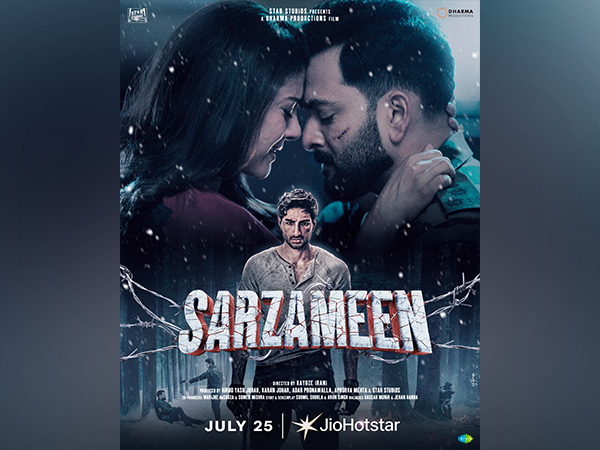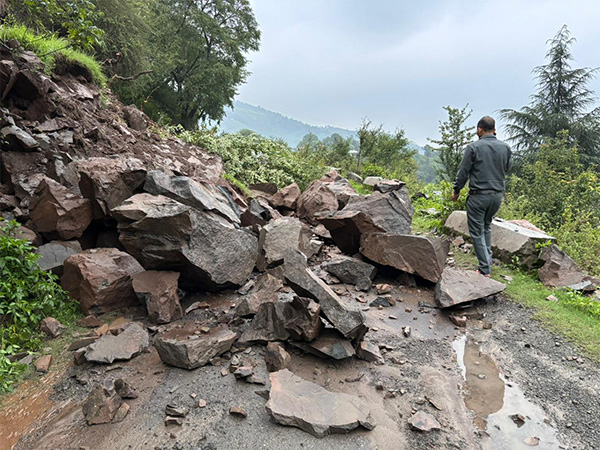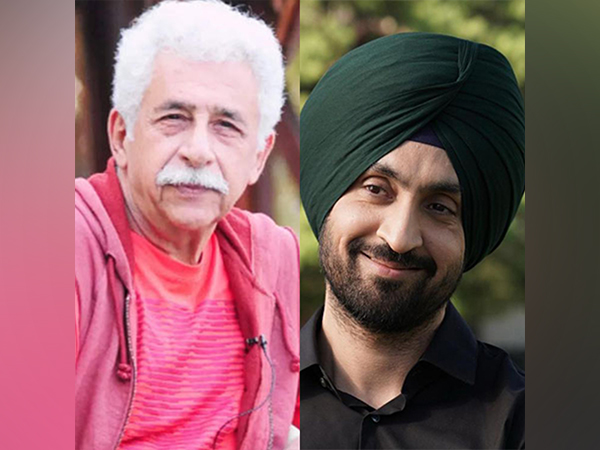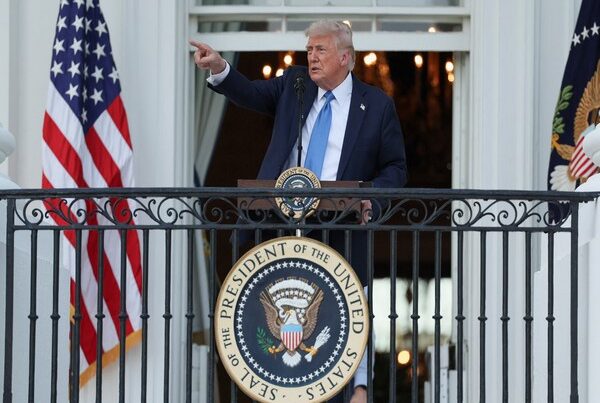Tonight, we made history. In the words of Nelson Mandela, ‘It always seems impossible until it is done.’ My friends, we have done it. I will be your Democratic nominee for the mayor of New York City
– Zohran Mamdani
This was after midnight last Wednesday. The New York dawn was waiting in the next corner of the nearest by-lane, surrounded by a zigzag of streets and many more dark by-lanes. It seemed that the summer sun was bound to shine on this democratic city of the working class, the homeless, the immigrants, and the middle class, where the super rich and the rich call the shots.
Winters, with its frozen, chilly winds, are exceptionally harsh – especially for the homeless – the cold enters the bones and stays there. The homeless, mostly Afro-Americans, sit around the overground lids on the streets, of underground heating pipes, inhaling the warm steam which would flow out. It’s cruel and nasty – the way the homeless have been left to their tragic fate by the power establishment in America, and New York.
So much so, New York is perhaps one of the most expensive cities in the world, despite its eternally busy, crowded, run-down underground metro, almost 127 years old, with rats on the tracks, drop-outs, asking for a return ticket; while fabulous musicians from Latin America play the pan flute in the subways, and daily travelers happily dropping coins on their donation box. Plus, the metro stations, some of them are eternally soaked with a strange, simmering, stagnant smell all over, absorbed in its rusted walls and platforms, the smell sticking to the skin.
And, yet, besides the predictable Times Square billboards, flashing all over, the shops and restaurants of the rich, and the mixed crowd in different colours, including protesters of all kinds, and the backstreets with Indian and Bangladeshi food, New York remains a democratic city. I was told that immigrants, including those escaping repressive regimes, many not having proper documents, have really no tangible fear in this city. No one seems to bother them.
The city looks as if has lived in its own soul and body since decades, inheriting its own mysteries, its chaos and beauty, its diverse culture and heritage, and its dark past, as depicted in Martin Scorsese’s 1860s crime epic: Gangs of New York starring superb actor Daniel Day-Lewes, as ‘Bill the Butcher’ and a young Leonardo DiCaprio.
It’s not clinical and sanitized – despite the assumed order, there is a sudden and eternal chaos, a symphony in the synthesis. The walls are faded with seasons, the mechanical post office is old and empty, and the tall skyscrapers across the Hudson river, including the Trump Towers, look scary. The rich are cocooned in their isolated comfort zones, the ordinary folks are on the streets and metros. And the Penn Station is forever crowded – even as the landscape becomes empty and dreary, bereft of life, as you board a train to Princeton University, where Jhumpa Lahiri was teaching before she started a novel in Italian.
ALSO READ: The World Is In A Transition
Any sign of life thereafter fills you with a sudden reassurance, because beyond New York, across the suburbs, it’s a relentless and vast landscape, as dull and bereft of life as most suburbs beyond American cities, with occasional parking lots here and there. Even the little township across the Statue of Liberty seems so desolate and lonely. Not even a Starbucks outlet can be spotted next to the unwinding highways.
America is so vast and under-populated, with huge expanses of eternal emptiness, that a strange kind of depression enters you body and soul, like a heavy stone which refuses to go. Even when I returned to India, the stone refused to go away.
In contrast, Boston, Massachusetts, not so far from New York, the bustling city of students and teachers, Harvard, MIT, etc, and the beautiful suburb of Cambridge across the river Charles, seems more cosy and accessible. It shares the democratic ethos of New York.
I walked across the twin cities, high on a big glass of delicious, chilled beer costing just about $5. You can take a book and sit anywhere, across the river, or in the open air cafes near Harvard, or next to a tiny book shop where they do book readings. You can visit the museum, and stay with a couple of Van Gogh paintings in silence.
Ironically, Massachusetts comes from the Indian-Algonquin word, ‘meaning great hill, small place, or, the range of hills; predictably, this entire area and its beautiful surroundings in the suburbs, with dense forests and huge lakes, as in Wellesley, with its famous college, were the original homeland of the natives. They gave the whites fruits and shelter, tended to their wounds after a long and difficult voyage on the sea from England, and the whites in return gave them what? Bullets, small pox hidden in quilts, shackles, genocide, forced Christianity, and mass displacement.
A stranger among strangers, an outsider like me, like an Albert Camus character, has no option but to feel totally alienated and detached in New York; while, surely, those who live here might be loving their city deeply. This is because the city might have grown on them, with its synthesis of multiple cultures, its great museum of modern art, MoMA, its huge public library, its old-fashioned democracy and freedom, and its memories deeply embedded on its run-down streets and faded walls.
No wonder, New Yorkers were the first to stand up and protest in solidarity with the people of Los Angeles, when Trump dispatched his armed military and ICE to raid the homes of alleged immigrants. People in LA just came out in outrage and anger – in waves. A belligerent Trump had no choice but to backtrack.
This is where Zohran Mamdani has suddenly arrived like a shooting star, a rising meteor, a friendly politician who understands the ground reality and aligns with the margins, a bright and accessible leader, and a progressive democrat who has little to do with the typical mainstream democrat who often look, operate and talk like a Right-wing republican, starting from Joe Biden and Kamala Harris, who backed the Gaza genocide and pumped millions to the mass murderers in Tel Aviv. That is why, Bernie Sanders, Alexandra Ocasio Cortez, and other ‘socialists’ backed him. That is why Trump has reportedly called him a “communist, a radical Leftist”, etc.
Born in Uganda, son of historian Mahmood Mamdani and filmmaker Mira Nair, Zohran Mamdani has said: “It’s been difficult. It’s been difficult to have to deal with the regular and repeated smears and slander upon my name and on the very basis of my faith…And I think what’s so sad is that this is but a glimpse into what life is like for many Muslim New Yorkers and many New Yorkers of different faiths who are constantly being told that they don’t belong in this city and in this country that they love.” He said New York is a city “for all of us”. He denied that he is a communist.
He has quoted Martin Luther King (Jr): “Call it democracy or call it democratic socialism. There has to be a better distribution of wealth for all of God’s children in this country.”
Barack Obama got a Noble Prize for Peace without doing one bit for peace, when, for no rhyme or reason, the prize was given to him soon after he became president. He promised the moon, and did so little. Now, many cynics are asking, ‘Will Zohran go the Obama way?’
Cynics apart, not a ‘red star’, Zohran Mamdani, is a star, a political and cultural symbol of the new wave of politics emerging in the world (except in India, of course.) He has promised to tax the rich, make New York affordable, provide free child care, freeze rent for ordinary folks, create subsidized transport, among other welfare measures. Clearly, he has no love lost for billionaires.
In the same manner that he seems to have no love lost for Benjamin Netanyahu. And, a certain Mr M.


